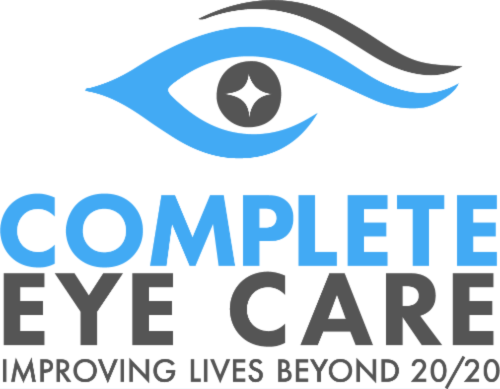
Making the Right Choice: Optometrist or Ophthalmologist for Contact Lenses?
When it comes to obtaining contact lenses, it's important to consider whether to visit an optometrist or an ophthalmologist. Both professionals play vital roles in eye care, but understanding their unique qualifications and expertise can help you make an informed decision.
We will explore the key factors to consider when choosing between an optometrist and an ophthalmologist for contact lenses.
Qualifications and Training
Optometrists are healthcare professionals who specialize in vision care. They undergo four years of optometry school after completing an undergraduate degree. During their training, optometrists receive comprehensive education on diagnosing and managing various eye conditions, fitting contact lenses, and providing primary eye care services. They are licensed to prescribe and fit contact lenses based on individual needs and vision requirements.
Ophthalmologists are medical doctors who specialize in eye and vision care. They complete medical school, followed by a residency program focusing on eye diseases and surgery. Ophthalmologists are trained to diagnose and treat complex eye conditions, perform surgeries, and provide comprehensive eye care services. While they are qualified to prescribe contact lenses, their primary focus is often on surgical interventions and the management of ocular diseases.
Expertise in Contact Lens Fitting
Optometrists have extensive knowledge and experience in contact lens fitting. They are skilled in evaluating the health of the eyes, determining the appropriate type of contact lenses, and ensuring a proper fit. Optometrists consider factors such as corneal shape, prescription, lifestyle, and specific visual needs when selecting and fitting contact lenses. They also provide ongoing monitoring and adjustments to optimize comfort and visual clarity.
While ophthalmologists have the ability to prescribe contact lenses, their expertise in contact lens fitting may vary. Their focus is primarily on surgical interventions and the treatment of complex eye conditions. In cases where specialized contact lenses, such as those for specific eye conditions or post-surgical needs, are required, ophthalmologists may collaborate with optometrists or refer patients to contact lens specialists.
Continuity of Care and Comprehensive Eye Exams
Optometrists often serve as primary eye care providers, offering regular comprehensive eye exams. These exams include evaluating visual acuity, assessing eye health, detecting potential eye diseases, and monitoring changes in prescription. Optometrists develop long-term relationships with their patients, providing continuity of care and ensuring that contact lens wear remains safe and effective over time.
Ophthalmologists typically focus on specialized care and may not provide routine eye exams or ongoing contact lens management. They are often sought for specific conditions or surgical consultations. While they play a crucial role in diagnosing and treating complex eye issues, patients may need to seek additional primary eye care services from an optometrist for routine check-ups and contact lens-related needs.
Collaboration and Referrals
In certain cases, collaboration between optometrists and ophthalmologists may be necessary. Optometrists may refer patients to ophthalmologists for specialized treatments, surgical interventions, or complex eye conditions. Conversely, ophthalmologists may refer patients to optometrists for routine eye care, contact lens fitting, or ongoing management.
Choosing between an optometrist and an ophthalmologist for contact lenses depends on your specific needs and circumstances.
Schedule a Consultation Today and Discover the Perfect Fit for Your Contact Lenses!
